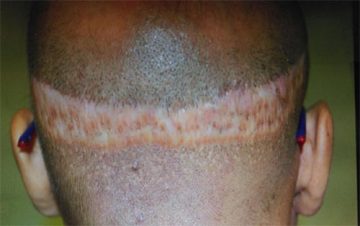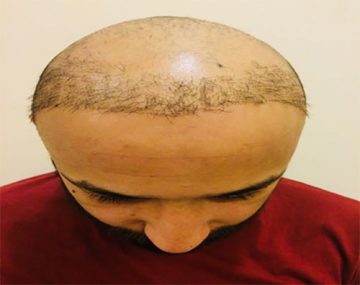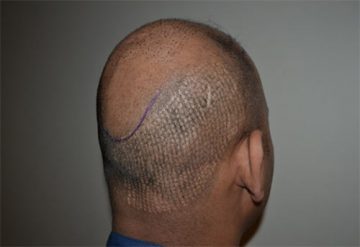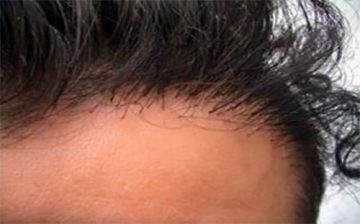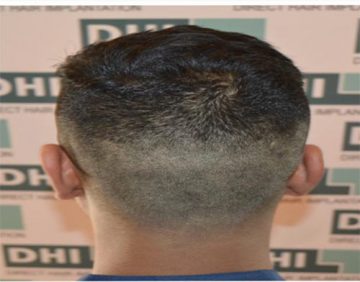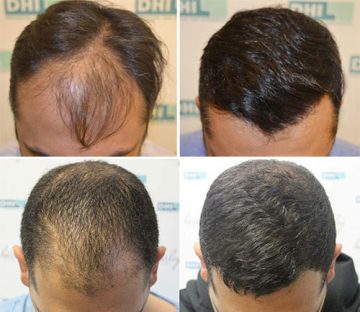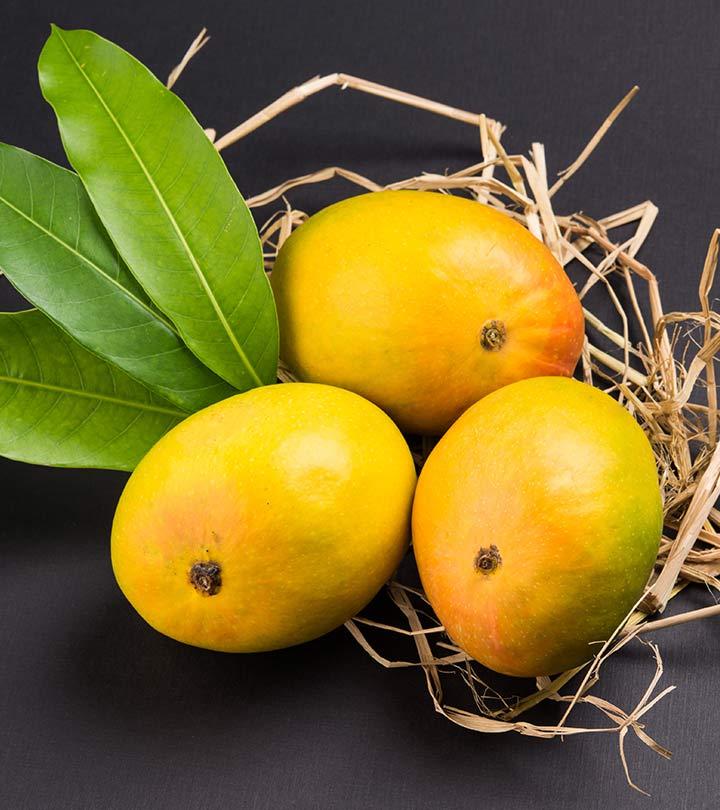The Best Place To Get A Hair Transplant In India

Image: Shutterstock
Before knowing about the best place to get a hair transplant done in India, it is important, among other things, to understand how the procedures are performed and by whom.
Since it is a surgical process that involves permanent alteration to one’s looks, it is important to dwell deeper into this matter.
The last 10 years have been extremely eventful for the hair transplant industry in India. 10 years back, there were only a few plastic surgeons who, along with their plastic surgeries, used to perform some hair transplant procedures sporadically. The only method of hair transplant known to them was the invasive and extremely painful “Strip method” which is also called “FUT” (Follicular Unit Transplant).
Strip surgery or FUT is a traditional technique where a “strip” of skin is removed from the back of the scalp and the resulting gap is stitched together with sutures. A team of assistants sits down to segregate hair follicles from pieces of this strip of skin. Then, these hair follicles are implanted in the recipient area by creating recipient holes with scalpels and inserting hair in these holes with the help of forceps.
Disadvantages Of Strip Method
- Strip technique leaves a permanent scar in the donor area which a patient is to carry for life.
- Due to the excessive manual handling of the follicles during extraction and implantation phase, the survival rate of implanted follicles is very poor.
- Since the implantation is done by inserting follicles in pre-created recipient holes, there is little control on the angle, depth, and direction of the hair follicles implanted, after their growth. Due to this results are mostly unnatural.
- The recovery of the patient takes a long time, at least two weeks since the procedure is highly invasive and a lot of time is required for the recovery and healing of the scar.
- The procedure is mostly done by technicians/nurses, and the role of the doctor is very limited, mostly to creating slits for recipient holes for implantation.
Around a decade back, the technique of FUE (Follicular Unit Extraction) came into India and slowly became popular. FUE involves extracting individual hair follicles from the donor area using motorized extractors. The implantation is done exactly the same way as the FUT method, i.e. by creating recipient holes with scalpels and inserting hair in these holes with the help of forceps.
Advantages And Disadvantages Of FUE Method
- Unlike Strip technique, FUE does not leave a permanent scar in the donor area. However, small cars cannot be ruled out as the motorized extractor is blunt and creates bigger holes than the diameter of the natural follicles.
- The healing process is quicker than FUT and it takes around 2 weeks.
- Motorized extractor generates heat causing damage to the extracted follicles. It also makes extraction of curly hair difficult, causing low graft survival.
- Like FUT, since the implantation is done by inserting follicles in pre-created recipient holes, there is little control on the angle, depth, and direction of the hair follicles implanted, after their growth. Due to this, results are mostly unnatural.
- The procedure is mostly done by technicians/nurses, and the role of the doctor is very limited, mostly to creating slits for recipient holes for implantation.
The most recent technique for a hair transplant is known as DHI – Direct Hair Implantation. This technique was developed by DHI Medical Group, Greece, 10 years back.
In DHI, follicles are extracted one by one from the donor area using a specifically designed disposable tool with a diameter of 1 mm or less. The follicles are then kept at a specific temperature in a solution that enhances their development, without separating, cutting, or excessive handling. The follicles are implanted directly in the recipient area using a patented Implanter in a single one-step process which ensures correct angle, direction, and depth at the same time, without prior creation of holes or slits. A DHI procedure is performed by a doctor, end to end.
DHI procedure is exclusively performed at DHI clinics. There are 16 clinics in India and 65 clinics worldwide in 36 countries.
There are many versions of FUE techniques available in the market. So, it is obvious that the patients might get confused as to where they should go. Every clinic and every doctor claims to give the best hair transplant leaving the patients very confused, finally making price the deciding factor for a hair transplant. As a result, people end up going to the cheapest clinics, which unfortunately leads to poor results compromising on the safety of the patients and also leads to severe medical complications.
Therefore, it is important for a person undergoing hair transplant surgery to keep certain questions in mind and only if he/she is thoroughly satisfied, he should go to a particular clinic for a hair transplant.
There are 7 mandatory questions one should ask to the clinic before deciding on a hair transplant procedure.
- Who will perform the procedure? Will a doctor perform the procedure or an assistant?
- Is the doctor suitably trained and certified?
- What is the experience of the clinic/doctor you are going to?
- Is the clinic technically sound with proper protocols on instrument usage?
- What kind of diagnostic system does the clinic have?
- Compare their results with others.
If not done properly, hair transplant procedures can go extremely wrong.
We hope the information given in this article helps you in making the right choice!
Click here to Book your consultation with our expert doctors

